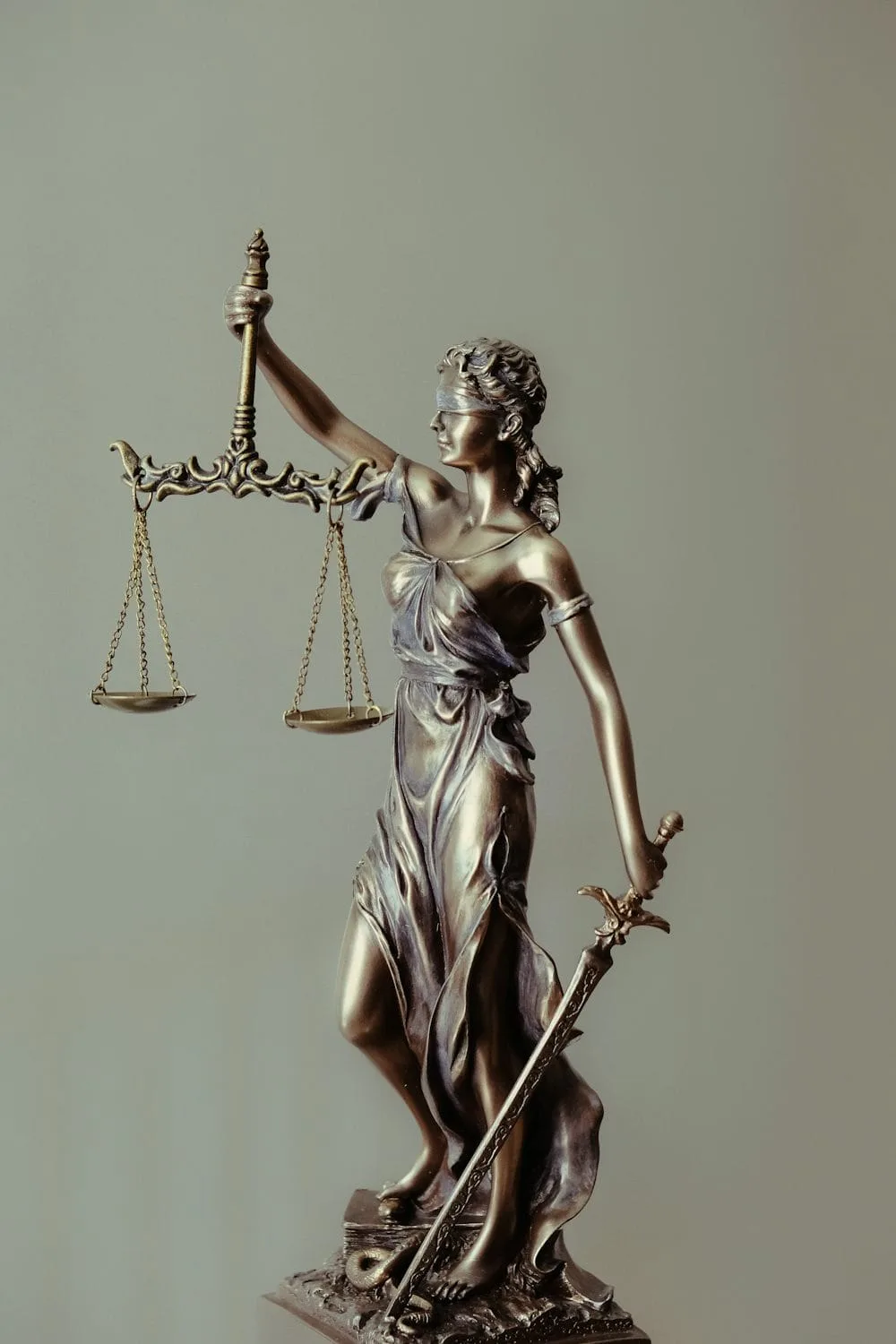- The courts are there for your protection. You do not have to be afraid of it.
- You are not required to face the offender in the court. The offender is not supposed to be in your vicinity.
- Your identity shall be protected throughout the entire legal process, including from the media. Your name, address or photo will not be revealed and you will be referred to as X.
- You are being represented by a prosecutor for protecting you. You can discuss about the case and what to expect during the trial with the prosecutor.
- You can ask for counselling support if you feel you need it.
- The prosecutor, the defence lawyer and the judge will ask you questions about the incident. Answer these questions without fear. Do not say anything false or things that you are not sure of to the court.
- During the chief or cross examination, you might come across materials or conversations that may bring up painful memories. If you feel uncomfortable, you can ask for a break.
- You can have your friend or relative sit with you, even during your examination. Do not be afraid of being alone inside the courtroom.
- You have done your part by coming to court. You do not have to worry about the rest of the legal process or the outcome of the case.
- The law is designed to protect you. If someone threatens and ask you to give false evidence, you can report it to the court or to the police.
- Never post anything on social media about the case at any stage. The consequences of it might not be what you expect.
- Always remember that it was not your fault. You have done the right thing. It takes courage to speak up. You might be keeping others safe by reporting the incident.
- You have a beautiful life ahead of you. You deserve to heal and move on.
Do not put yourself down or believe anything less of yourself. You are strength, you are powerful.
For help, contact Victim Rights Centre (VRC) – 8330035547, vrckhclsc@gmail.com
